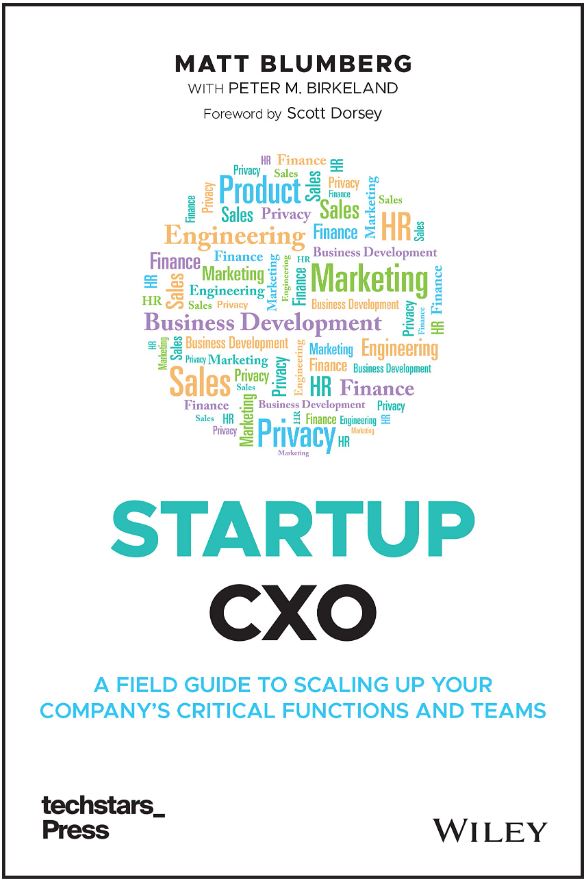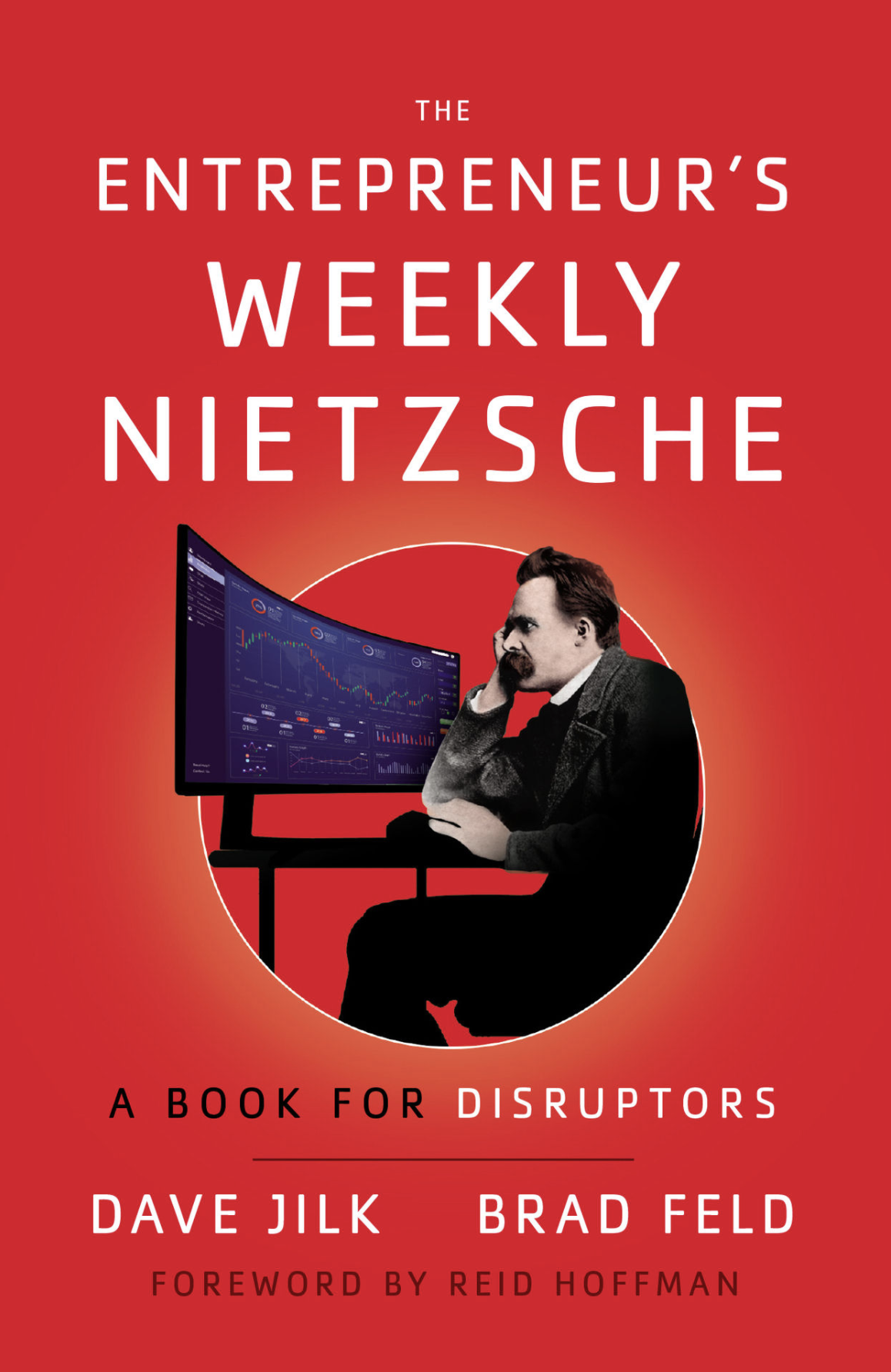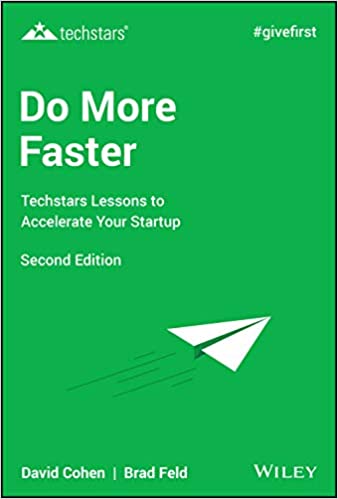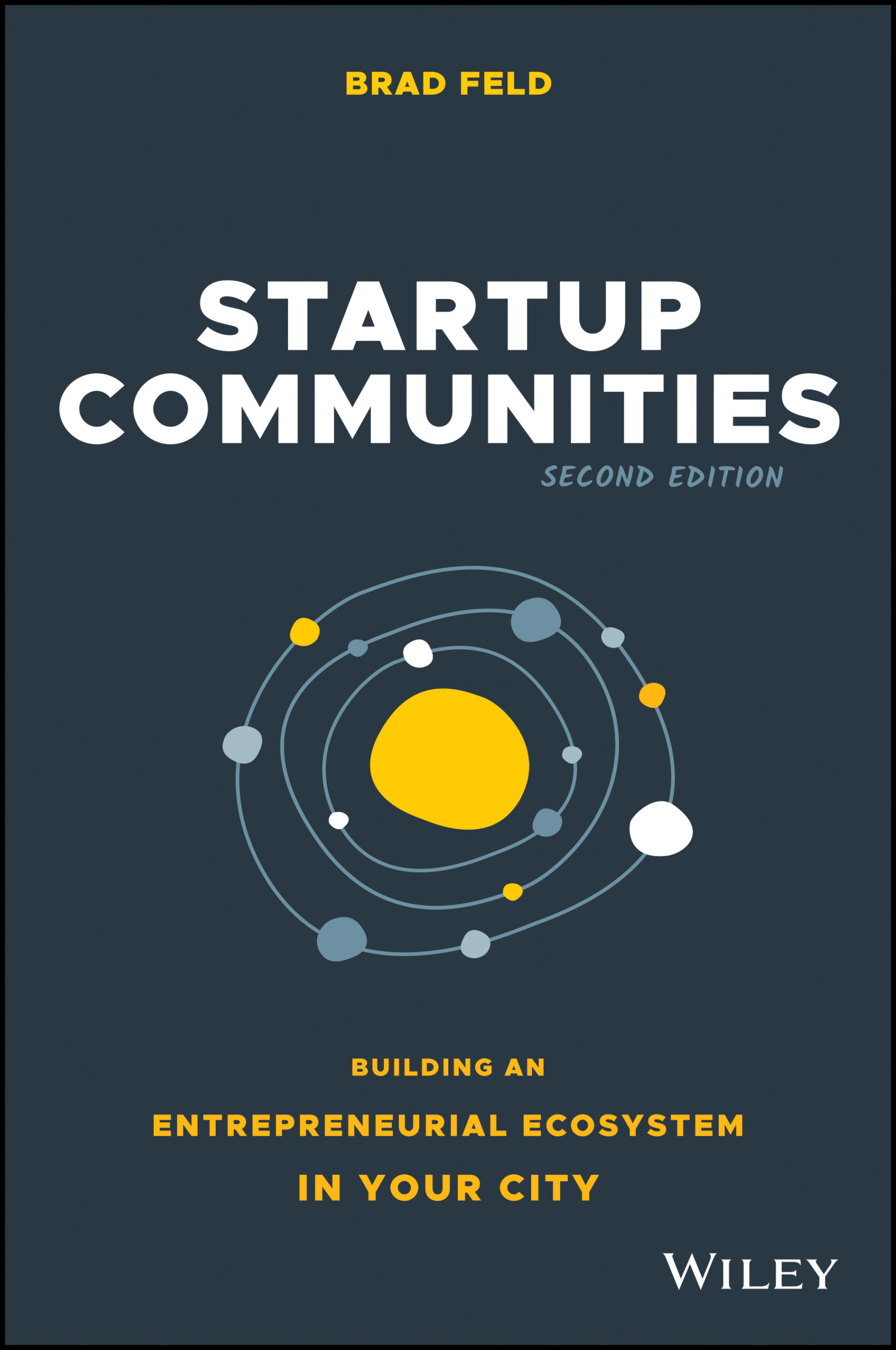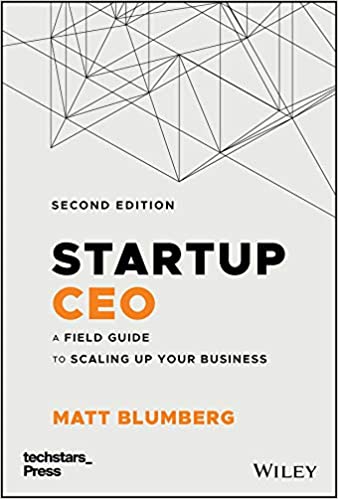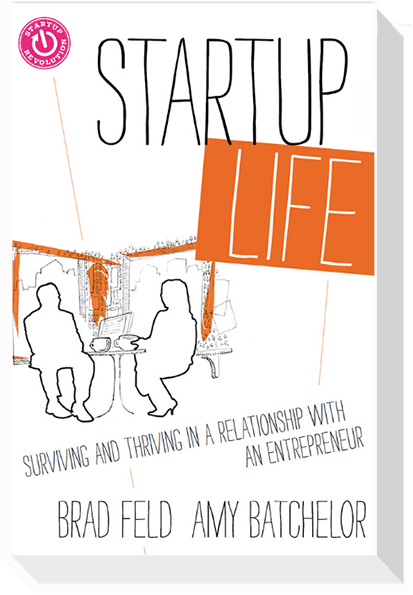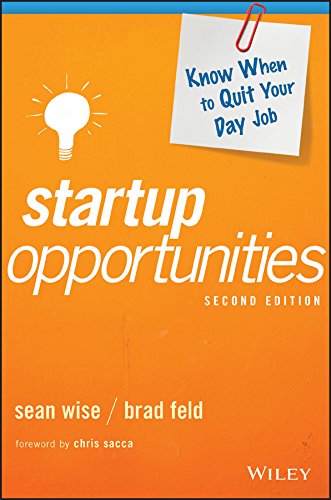The Myth of the Unicorn as a Community Development Enabler
Every community yearns for that breakout company that changes everything, or does it?
Every community development enthusiast looks for that one forcing event that launches the city into the next stratosphere. Last week, I referenced Newton’s Laws of Physics where I borrowed the idea that a body (community) remains in a uniform motion or straight line unless acted upon by a force. My hypothesis is that there are no huge, life-altering forces that completely alter the momentum of a community.
The pushback from many was that a startup that breaks out to achieve something off-the-charts successful could be that force. I wish I had a dollar for every time I heard a community enthusiast say to me, “we just need a company to break out to put ourselves on the map”.
I call this the myth of the unicorn and argue that its powers are significantly less than expected in terms of a community development tool.
Unicorns are privately held startup companies valued at $1B or more and to many are the barometer that breakout companies are judged by. First let me state that any company that gets to this size from startup roots deserves a crap-ton of credit. There are 107 US companies (as of August 2017) that meet this criterion.
Let’s look at just 3 that stand out to me.
- AvidExchange in Charlotte, NC started in 2000 (18 years ago).
- Datta in Norwalk, CT started in 2007 (11 years ago).
- Fanatics in Jacksonville, FL started in 1995 (23 years ago).
These three companies have been in business for 11-23 years so they are not recent rocket ships. With their long tail of business-building, we can assume that their standing in the community is substantial with the number of employees, the amount of capital raised, and their sheer presence.
Yet by every existing measuring stick for breakout startup communities, it appears that these companies have had little to no effect on their startup community. If we look at the latest Kauffman Index of Startup Activity, those three cities rank:
- Charlotte, NC = 26
- Jacksonville, FL = 28
- Norwalk, CT = n/a
This “a unicorn will be just the force that accelerates our community” argument is further debunked with this simple thought – community leaders who dream of a breakout also believe that we can engineer or manufacture a unicorn. Just put our heads down and select the breakout company and surround them with all of the resources they require (talent, capital, space).
For most of you that are laughing so hard that you need to pick yourself up off the floor, I will wait. IF you could engineer a startup to breakout journey, much smarter people than you would have made that happen. 11 years. 18 years. 23 years. This is all you need to know about manufacturing startup success. I guess that is the second myth that I can cover in a separate post.
Now, don’t get me wrong, I would love my city (Raleigh/Durham, NC) to find a recent unicorn breakout and I know that it will have some impact on the startup community. I just know not to rely on that outcome as the prescriptive driver for community success.

